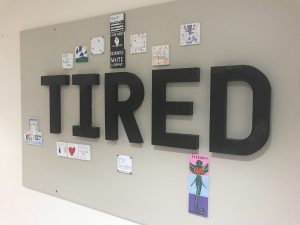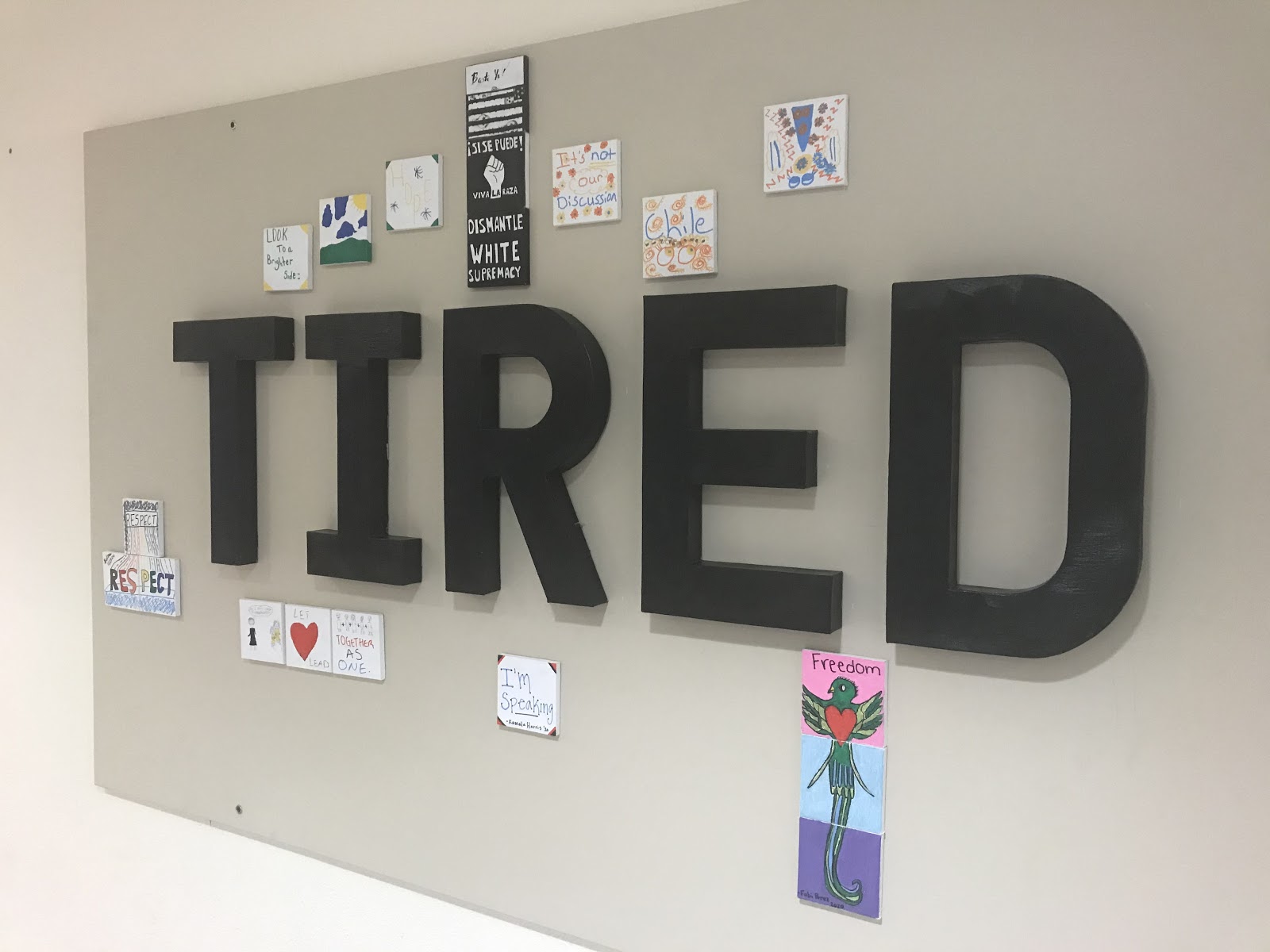On Martin Luther King, Jr. Day, Concordia came together to reflect on his legacy. This year’s theme was “Stolen land, Stolen labor: Secrets to Success,” looking into Rev. Martin Luther King Jr.’s impact on racial minorities today.
“I can’t think of anyone who better represents our democracy, using the language of our founding documents. He represents the vision of the United States that I would like to see realized,” professor Matthew Lindholm said.
King continues to be a symbol of justice to this day. The first keynote speaker, Jason Sole,
spoke about the inspiration and symbol King continues to be in his life.
“Think about the dream the King has for you,” said Sole.
Sole is an educator and the founder of the Humanize My Hoodie movement, an organization that seeks to dismantle threat perceptions of Black men’s clothing, art exhibitions and workshops.
Similar to King, Sole’s activism aims to widen the conversation around race and create more space for Black or other minority leaders to rise up.
This includes leaders like Lakota Harden. Activist for Native American struggles, Harden is an advocate for Indigenous people and their environments. Harden seeks to improve the lives of Native people by creating resources for women, youth, and lives impacted by substance misuse to combat intergenerational and historical trauma.
Harden credits her resilience to humor and togetherness, reminding students that being a good relative and neighbor cultivates unity and will help heal racial inequality.
Similar to Harden’s speech, environmental and racial justice were explored in one of the student and faculty-led concurrent sessions.
In “Running For Her Very Life”: Ecological Violence and Racial Violence,” Professor Elna Solvang, Professor Michael Johnson and sophomore Elise Grabinger depicted the parallel between violence against women’s bodies, especially women of a racial minority, and ecological violence.
“Unless we are able to somehow resolve and heal that trauma, then we are not going to be able to find justice for anyone,” Grabinger said. With an emphasis on restorative justice, unity created through the healing of historical trauma will further equality between people.
Sole, Harde and Grabinger all emphasize the importance of understanding history and applying it to the present day.
Junior Kacy Jiran said, “I think it is super important to educate yourself about history, especially because in a lot of ways, we have been taught a false history, a white-washed, watered-down history.”
Professor Matt Lindholm and doctoral student Greg D. Wilson presented a concurrent session about the importance of linking past to present. In “The Civil Rights Movement and White Resistance: Then & Now,” the speakers focused on racial inequality in Montgomery, Alabama—the heart of the civil rights movement.
“The achievements of the civil rights movement were tremendous and really culminated in the Civil Rights Acts, but 60 years later, there is this really deep inequality between races.
Opportunities are still not equal for African Americans, especially in the deep south,” said Lindholm.
George Floyd and the second resurgence of the civil rights movement in 2020 is proof that there is still much work to be done.

“One of the reasons it is so important that we keep holding onto MLK day is because his message is still so relevant to today. A lot of people want to hold onto the tame, advocate for nonviolence who lived in the past and whose movement was in the past,” Grabinger said. “But in reality, his movement is still going on. We are still fighting for racial justice. The more you look at what he says the more you will see it applies to our lives and current movements.”
“We are ignorant in so many ways of our own history and about what is happening in our society today. There is so much to learn and that’s the place to begin. Let’s learn together. Let’s understand a better way forward,” Lindholm said.
Remembering King, educating oneself and having honest conversations are all ways to individually create change and collectively pave a new future.
King’s words and phrases only get so far, Sole urges Concordia students to “do his work.”

